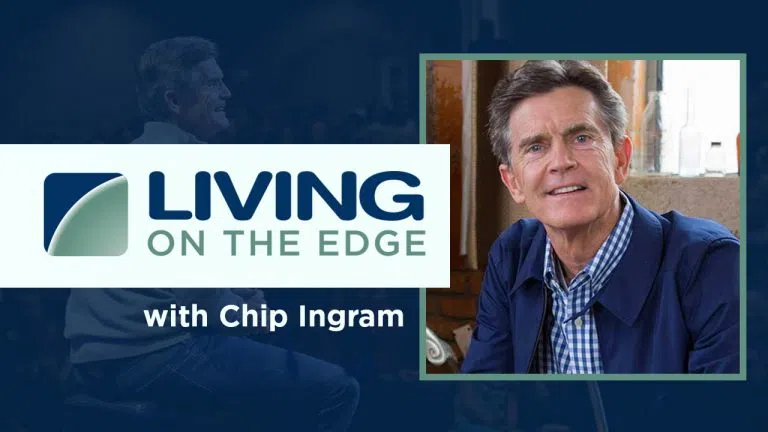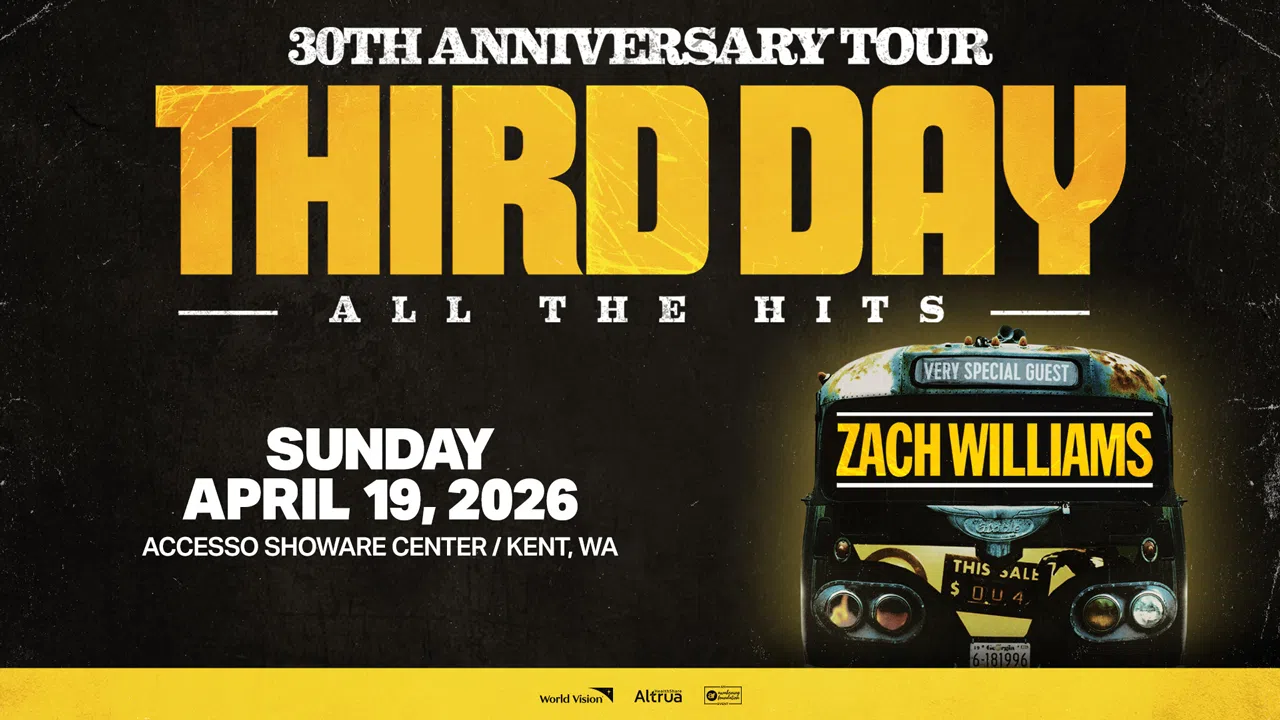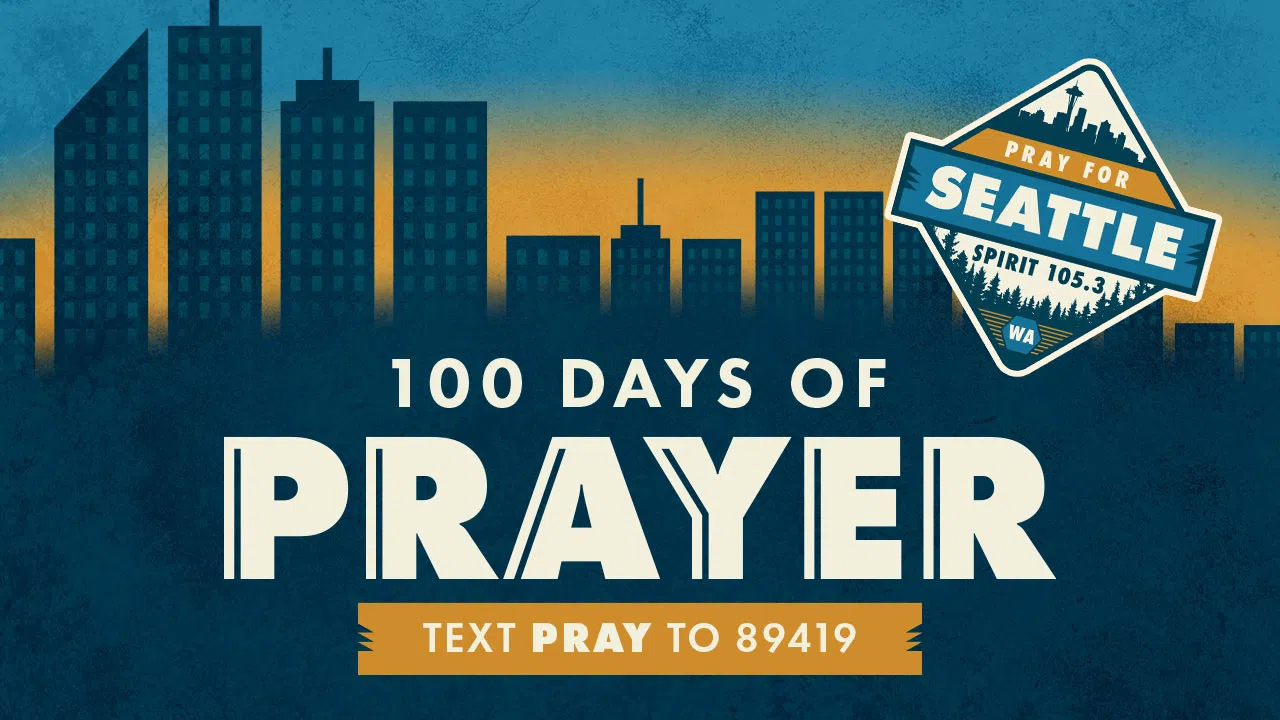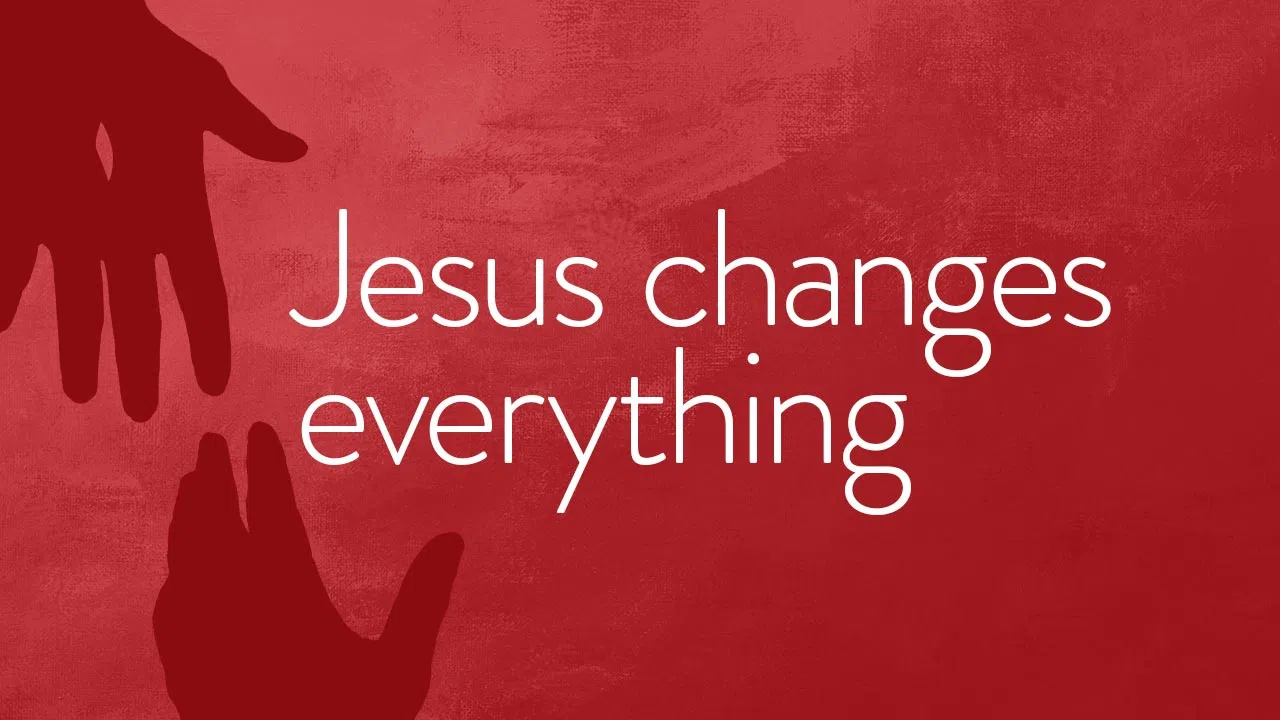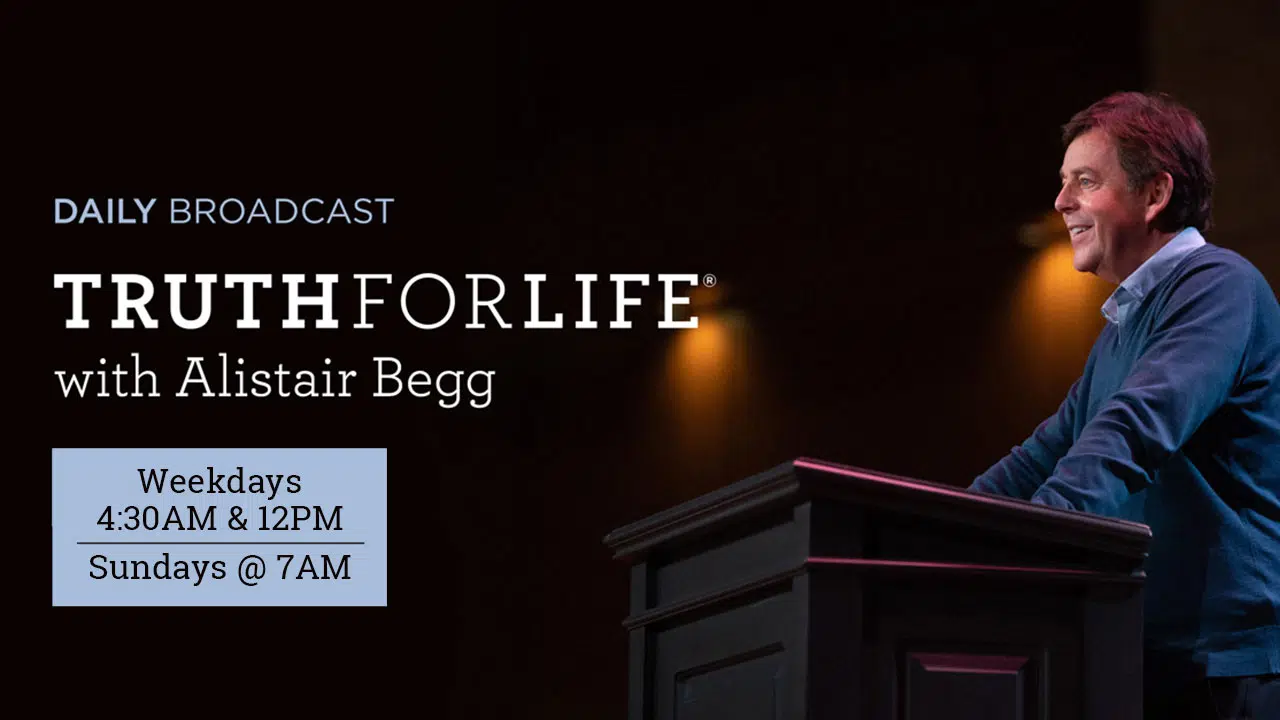Often when you sing your favorite songs you may think of the vocalist. But there are so many people involved behind the scenes. Our conversation today is with Jason Ingram who is behind so many of the songs you love. Fame, however, isn’t what motivates him. God is his focus and you’ll hear the heart and mission behind what he does in this interview.
Interview Links:
- Follow Jason Ingram Online | Instagram | Twitter
Transcription:
Jason Ingram: You’ve got, you know, thousands and thousands of different churches and thousands and thousands of different pastors and messages and all, and so much, the church is so alive in so many amazing things are happening. But the only thing we really share are the songs. It’s a really incredible unifying thing that you can be a Baptist church here and, and a Presbyterian church here, and a Lutheran church there.
And, and they’re very much their own expression of the church, but you might pop your head in the back and find that they’re all saying the same song. And that’s such an incredible unifying thing for the church around the world. And I find that to be such a gift of music as well.
Sarah Taylor: When you think of your favorite songs, often you associate them with the vocalist who sings them.
But as you’re probably aware, oftentimes there are so many people behind the scenes who help bring that song to life. Most notably the song writer, my guest today is Jason Ingram, who has pretty much co-written every other song that we play on the station. It might sound like an exaggeration, but why don’t I just give you a little list?
Give me your eyes. Healing begins. White flag. My story. How can it be? I’m not sure. Jason even has a shelf big enough for the songwriter of the year and producer of the year awards that he’s won, but here’s the best part upon meeting Jason, you wouldn’t even think to bring up any of this because this is not what motivates him.
Jason and I shared a conversation in which his heart for God and his desire to write songs about God is clear. He’s personable and funny and has some incredible stories, which is where we begin. He shares the divine plan for the song white flag, which he never saw coming.
Jason Ingram: So I was love, um, as a songwriter, I always love when you can look back and see how God went like ahead of us and, or maybe sort of led us really let it as songwriters to, uh, to, into a song that, uh, he had plans for that, that we couldn’t see coming. The one of the more cool times that I’ve seen that play out was with the song white flag.
Um, that was, uh, uh, on a passion record. And, uh, we were, there was a group of us gathered in Atlanta. Um, some, some young, upcoming songwriters that are, uh, they’re still trying to find their way. Um, Chris Tomlin and Matt Redman and Matt Maher. And so I was there to really sort of care. Carry the song, just kidding. Um, but those I was with those guys and, and Nashville would call that riding up when you’re with people that are so much better than you and I get to be in that place so often where I’m riding up. And so it was the four of us and, uh, Matt Maher had this idea to. Right. A song of surrender, but using the, um, the picture of a white flag and that we would raise our white flag.
And then in the bridge saying that the, the, the, what we’re really raising is the cross. And, um, so we wrote this song and, and we, we all really loved it, but, um, we didn’t play it for anyone. And I went back home and did a little demo and I sent it to Chris and he had it in his car for probably a month.
And, um, but hadn’t. For anyone on the passion team yet. And then he went into a planning meeting with the team at passion and they were planning. Uh, the different things that they were going to do for passion that year and, um, someone who was, uh, their responsibility was to help help the, the students at passion understand the issue of child slavery, as it really is in the world today, there’s 7 million.
And so how do we, how do you communicate that? How do you help people really understand the, those kinds of numbers? Cause they’re just so far beyond. W our, our normal thinking. And so they, uh, they’re sitting around a table and they, they explained that they ordered 70,000 white flags that would be displayed all across the lawn, outside the Georgia dome.
And, um, so, uh, every flag represented a thousand. Children that were, um, in slavery. And so, uh, you were going to have this just breathtaking view of white flags. Um, as you were coming into the Georgia dome and Chris is sitting there and he’s in his car, he’s got the song white flag and no one’s heard this song.
We had no idea they were doing that. They had no idea the song existed. And, um, and of course it was. You know, Chris shared it quickly with Louie and it was just so awesome to see how like God was, God’s always working in what we’re doing and, and when we’re, when we’re sensitive and listening, uh, hopefully to what he wants, then we find ourselves a part of things that we could never organize.
Yeah. What does that do for you personally when you watch that happen? Well, it’s, it’s incredibly humbling. Um, but it’s, it’s also the biggest thing for me is that. It’s a reminder. I S I say often I don’t want to live a life that makes sense. Apart from Christ being who he is. And so if my life makes sense, if my life can be explained, if I can tell my story without having to tell you about Jesus, then maybe he doesn’t exist.
Or at least maybe he is not existing in my life as my Lord and savior. And so, um, it just. When I see those things happen, it very much. It just, it fills me with faith. It’s like a faith builder because it’s like, God, God is who he says. And, um, so, um, my story, which is a big daddy weave song, um, Mike, Mike came over and I, and I said, I want to write a song that says if I, if I told you my story, I want to be able to say that if, if you ever asked me, Hey, tell me about your life.
Every answer. Everything that I would tell you about my life, you would, you would see Jesus in it. And so, um, we, that, and that’s where that song came from. And, and, uh, we’ve just tried to write a song saying because it’s, it’s our testimony. Those for, for all of us who have a savior, when we tell, when we tell just about the normal stuff, You can’t cause we have breakfast this morning and, and I, I heard Jesus in your story.
And so that builds my faith and, and hopefully you heard him in mine. And so there’s something about, um, being more authentic with our stories. I get, I think we’re all probably S you know, we, we live in a, um, a social media generation and we’re, we’re not telling. Real stories, we’re telling sort of a partial story.
And so, I guess the danger in that is that we’ve stopped being real with each other. And, um, and, and I, I just always, and hopefully with that song is to encourage, encourage us to that. Um, we’re to, um, continue to what God’s done in your life. What he’s done in mine is like, I need that for my faith. And we need to be sharing our stories so much more than we do and not, not just clips of the good bits.
Sarah Taylor: One of the things you mentioned about songwriting that struck me is that often you write the songs that you need to sing, because it’s the area, not where you have found victory in your belief, but it’s the area where you’re struggling to believe. And you had that great quote by Martin Luther.
Jason Ingram: Martin Luther said when I can’t pray. I sing. And so I think one of the, which, which really moves me, because I find as a songwriter, I’m often, if you, if you want to know sort of the things that are, are my struggles in life, you can probably look at a lot of my songs and go, what kind of person needs that kind of thing.
What kind of struggle, so when I’m in a place of, of dealing with fear and anxiety, I’m, I’m gonna, I’m going to talk about God is a God who is faithful. If I, if I’m, if I’m, if I’m in a battle, I’m going to talk about it. I’m going to write a song about a God. He’s victorious. If, if I’m because we want to, we always want to declare truth over our circumstance. And then, and if we can put songs in our mouth that can find its way to a heart and we can, we can pray those things again.
Sarah Taylor: One of my favorite questions to ask songwriters and those that just see life through a lens of music is can you articulate what it is that we receive differently when we hear it through music or through song or a melody that’s different than if you were to just say the same thing with spoken words?
Jason Ingram: I probably can’t articulate it very well at all because to me, it’s, it’s a grand mystery and I, I think music is, um, a divine thing. I don’t understand it. Beauty and music and melody and, um, there’s, to me it’s like there’s soul language. You know, that, that is beyond just, just surface language and music somehow has a way of like speaking to the soul.
And, um, I believe that we will have music in heaven and Mexican food, but another soul language. But, um, yeah, I, I don’t, I don’t quite understand how music accomplishes it, but it’s also a unifier, you know, I think about songs. Yeah. One of the great things that we, we get to be a part of and what we do and what you do is we’ve got, you know, thousands and thousands of different churches and thousands and thousands of different pastors and messages and all, and, and so much the church is so alive and so many amazing things are happening.
But the only thing we’ve really share. Are the songs. And so there, it’s a really, it’s an incredible unifying thing that you can be, there can be, uh, a Baptist church here and, and a Presbyterian church here and a Lutheran church there. And, and, and they’re very much their own expression of the church, but, but you might pop your head in the back and find that they’re all saying the same, same song.
And that’s such an incredible unifying thing for the church around the world. And., I find that to be such a gift of music as well.
Sarah Taylor: Can you tell me about how co-writing has played a role for you just with that, that effort of collaboration, why you enjoy co-writing why you don’t just stay at home and write stuff on your own?
Jason Ingram: Yeah. Well, collaboration and team is the way to the best song to begin with, but there’s, there’s just so much more. One of the first songs that I was a part of that, that kind of became like a, uh, a song that a lot of people knew was a song called, gimme your eyes with Brandon Heath. And, um, I remember, um, being at a Dove awards and, and, and he, and I getting an award for song of the year and I left that stage and I thought
that was so much better that he was next to me and I was next to him because we shared it. And sharing songs, sharing life sharing story… it’s, it’s just it’s so God’s way, you know, um, team and collaboration. And so I, in my first publishing deal I told my publisher that I, I write my best songs by myself, and that was probably 12 years ago.
And she said, yeah, we’ll see about that. And I think I’ve written one song by myself in the last 12 years, just to, just to know it still could be done, but you know, it wasn’t my best song. And, um, I love what happens when, when, uh, you kind of open your hands up and the other people speaking to things.
Sarah Taylor: That’s counter-cultural what you’re saying. Some people would probably bristle at the idea of sharing a stage and sharing an award. And so much of what we observe in culture is, you know, the best do it themselves and they get all the credit and they don’t have to share it.
Jason Ingram: Yeah. Yeah, well, it is, it is counterculture, but it, it is better.
And I think anyone that has experienced, like I I’ve, uh, because I travel, sometimes I experience some things on my own that just aren’t as good because I’m by myself. Um, for instance, I was in Sydney and I had a couple of days, uh, writing and Sydney, Australia, and, and, and I had time each morning, I was staying on Bondai beach, but I was there by myself.
It’s one of the beautiful beaches in the world. And, um, I enjoyed it to a certain degree, but all I could think about was how much better this would have been if my wife and my kids were with me. And so just sharing experience is always better. It’s always better. It’s way, it’s way more rewarding.
Sarah Taylor: The majority of our audience comes here to feel better each time that they tune in.
And so often, uh, it’s a song of worship helps them get their mind off their own set of circumstances and onto something higher. Can you explain a little bit about, um, why you’re drawn to writing songs about that and maybe help someone realize why they feel better when they do that?
Jason Ingram: Yeah, it’s a perspective thing. Um, my, my buddy Paul Mayberry, who will often go and lead worship conferences and stuff, and then usually we get an opportunity to talk and share about the role of worship music. And, and he’ll always, he’ll often say that, um, the role of, of, of for worship leaders and worship songs is, is to help people take their eyes off their, their problems and to put their eyes on the answer.
And so, um, we’re all sort of walking in a broken existence, you know, and, uh, There’s no escape for that. There’s no escape for pain. There’s no escape for suffering. There’s no escape for hurting. It’s a broken world. This is not where it stays. And that the answer stands before us. And so when we, when we can take our eyes off of our circumstances and place them on Jesus who loved us enough to not just like pay.
Pay the penalty for sin, but also to share in our suffering. You know, I mean, he, he could have, he could have wiped out sin without putting his hands in and hid himself in a human flesh and suffering with that. And so that we can, we know we don’t, we don’t serve a God that doesn’t understand suffering, but we serve, we serve a God who loved us enough to meet us in our suffering.
And then, and then to, um, make a way for us to have a hope and a future that’s free of all those things. And so, we think about worship music we’re bringing a song that hopefully lifts our eyes and our perspective to the, to the one who, um, has overcome all those things. And so, I find worship music to be the place where I’m most, become most aware of God’s neediness.
And, um, when, when I sense God’s near enough, everything else is okay.
Sarah Taylor: We’ll be right back with our conversation, but first a heartfelt thank you to our sponsor. Northwestern University. Have you heard NU is all in on tech.? They’ve got a brand-new state-of-the-art technology studio and majors included design data science, video production, audio production, and computer science.
These programs add to an already diverse offering of top programs in business, nursing, education, sciences, communications, psychology, music, humanities, and more. Plus, NU has robust scholarships. This is on top of that already low tuition. Ministry majors in the traditional undergrad program receive a 50% scholarship.
Northwest University’s, Christ centered community always stands out. Spiritual vitality is their firm foundation. And with Northwest’s career readiness initiative, you’ll graduate with endorsements in career specific skills that give context to your resume. When you choose NU, you’re choosing a confidence, start to your calling. In other words, your passion and purpose. Now back to this week’s episode.
Sarah Taylor: You, and I were talking about some of our favorite worship songs and, uh, you called one an atmosphere changer. I love that term. You want to describe that a little bit more?
Jason Ingram: Yeah. Yeah. Every now and then every now and then you, you hear a song and, and, and, you know, um, there’s just something about it. Um, that is, and I do, I call them atmosphere changes because you know, when it’s, when it’s, uh, whether it’s, uh, sung in a church or it’s played on the radio and someone hears it in their car or whether it’s, um, you know, at home playing through a house, like it changes the atmosphere.
So, you call it that because that’s what happens. Like what I often find, like we fall, uh, one of those kinds of songs on it and let it play throughout my house. What might otherwise be an anxious or a or a rushed or, uh, a stressful situation can, can all of a sudden be quite at rest. And, and you just, the posture of your heart returns to one of trust and, um, and safety and, and just it’s, it’s just what happens in God’s presence.
And so, some, some songs sort of, uh, maybe tune our hearts a little bit more that way than others. And, and I, I love hearing songs that accomplish.
Sarah Taylor: When circumstances are squeezing you. And so like the true you comes out, the squeeze is put on. Can you tell me a story about a time where you chose to worship anyway, before the good news came or as things got worse? A time where that wasn’t your necessarily your natural inclination, but you made the choice to do it anyway.
Jason Ingram: Yeah. Uh, in my own life, we’ve, we’ve had quite, quite a journey with just some, some illness and some stuff in our, in our family that has, has been, um, spent a lot for us. And it’s, it’s, it’s sort of the, the, the, the suffering that goes unseen.
Cause it’s not the stuff that… everyone sees the, the good stuff, you know? And, um, and so we were in pretty heavy season, personally at home. And, um, and I was riding with a friend of mine who had just moved from, um, the moved his family to America. And then they had just moved back to, to Europe and his Matt Redmond. And he, um, he had just gone back on his own and was in his, the empty house that his family had been in, in America and, you know, moving and both of us were in quite a place of like, gosh, like life’s pretty tough, you know? And Matt was in this empty house and he, uh, wrote the, the, the beginning of a song called never wants, which is, uh, you know, standing on this mountain top looking just how far we’ve come, knowing that for every step you were with us, kneeling on this battlefield, knowing every victory was your power in us, never wants, have we ever walked alone?
And we, um, we got together and began to just really pour our story into that song and to just and, and to be able to say, because you can’t, you can’t always say things are awesome, but you can say never wants have we ever walked alone? And so that, that was a song in particular that came out of just, just even though maybe, maybe it’s a season of struggle, but just to write a song in the, in the face of that. To, to declare God’s face fullness in his goodness in that season becomes so important. It’s important in every season, but so important in those seasons.
Sarah Taylor: I’ll close with this. Why does it matter that we sing out loud?
Jason Ingram: Well, it counts on to some degree because in what it does in, in us, is it, you know, when we are outward about our expression, about something, um, you, you, you have to be less concerned about
all the stuff that sometimes gets in the way of, of, um, really leaning into the Lord. And so there’s something, um, really amazing that happens when people sing together. And you, you see it, you’ll see it at a concert that’s not faith concert. You’ll see it at a soccer arena. There’s something that happens when people get together and sing out.
And, but when you bring that together before the Lord, um, God inhabits the praise of his people. I simply, you know, I kind of, I didn’t grow up in an overly charismatic tradition. And so, um, expressing myself outwardly was something that I I’ve had to learn to grow into more and more. Um, but I find that the only things that keep me from that, or my, our thing, my thoughts of what other people are doing or what other people are thinking. Let’s say, I recorded one song, society recorded a live album a couple of years back and there was a blind guy that came to this and you know, we also, we sing out loud, we raise our hands and, and, uh, this, this guy has been beautiful, beautiful guy, he’s been blind since he was like two years old. It was a miracle that he was at this thing, this recording, and he had a dog with him that was his sight. His, his dog was, he was no longer able to go to church because he had gotten a new dog and this dog would, uh, anytime he would hear music, the dog would just go nuts. But this is his best friend. I mean, it’s like a part of his, his himself, this dog, this dog is his eyes. And so, um, but he really wanted it. He was a worshiper at heart. And so, they kept trying to bring him different dogs and he just, he couldn’t let go of this dog. And he came to this recording and was, we were all praying that like something was shift and that this dog would be able to stand in a musical space and hear singing and be okay because he wanted to be there so bad.
And this dog sat down, and this is a story about the dogs. Story about the man. So that the dog, um, miraculously was quiet for the entire, I mean, we were recording and, um, he was quiet the whole time and I saw his, so he began to weep as he’s worshiping because it’s, God had answered the prayer that he could keep the dog and still participate in corporate worship.
But the thing that I noticed that was really interesting to me was his posture, because everyone else has something to go on with. What, what does it look like to worship? What do you do with your hands? How do you posture your body? What looks cool? What’s not cool. He, he doesn’t have any, um, awareness of what we’ve all decided you should do with the posture of your body.
And if I wish we weren’t just on radio, but he had his hands so straight up, like we, we kinda, we, we often do like a, like a Y kind of thing. We find like a good looking way to put our hands up, and he had his hands just straight. Yeah. Palm straight up. Uh, you could not, you like reaching as high as he could.
And he was worshiping that way and sort of pumping his hands up and down. Had nothing to do with anything he’d ever seen but when you encounter, when you truly are in the presence of a God, who is so holy and majestic, but so loving and so near and so kind, and so faithful, like it’s what you do. You’re going to sing out.
You’re going to sing out. You’re going to put your hands up and, and everything else is just… If, if that’s not where you end up at some point, I promise you, you will, when you, when you finally encounter the king of majesty and his glory on his throne, like there’s, there’s, you, you will sing out and you will put your hands up and you will fall on your face.
And, and, and, and we won’t be so concerned about what’s cool and what’s not cool. It’s the only appropriate response to a God. The living God. The savior of the world because it’s the only way we can respond.
Sarah Taylor: our thanks to songwriter Jason Ingram, content coordinator, Rebecca Beckett, and producer extraordinaire, Scott Karow. Thank you to Northwest University, sponsoring the Passion Meets Purpose podcast. My name is Sarah Taylor. I will see you in two weeks.




